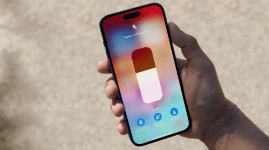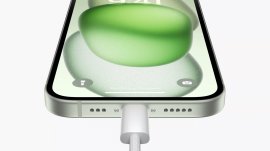Rumour mill: What should we expect from the next-gen Apple HomePod?
... and what do we want to see
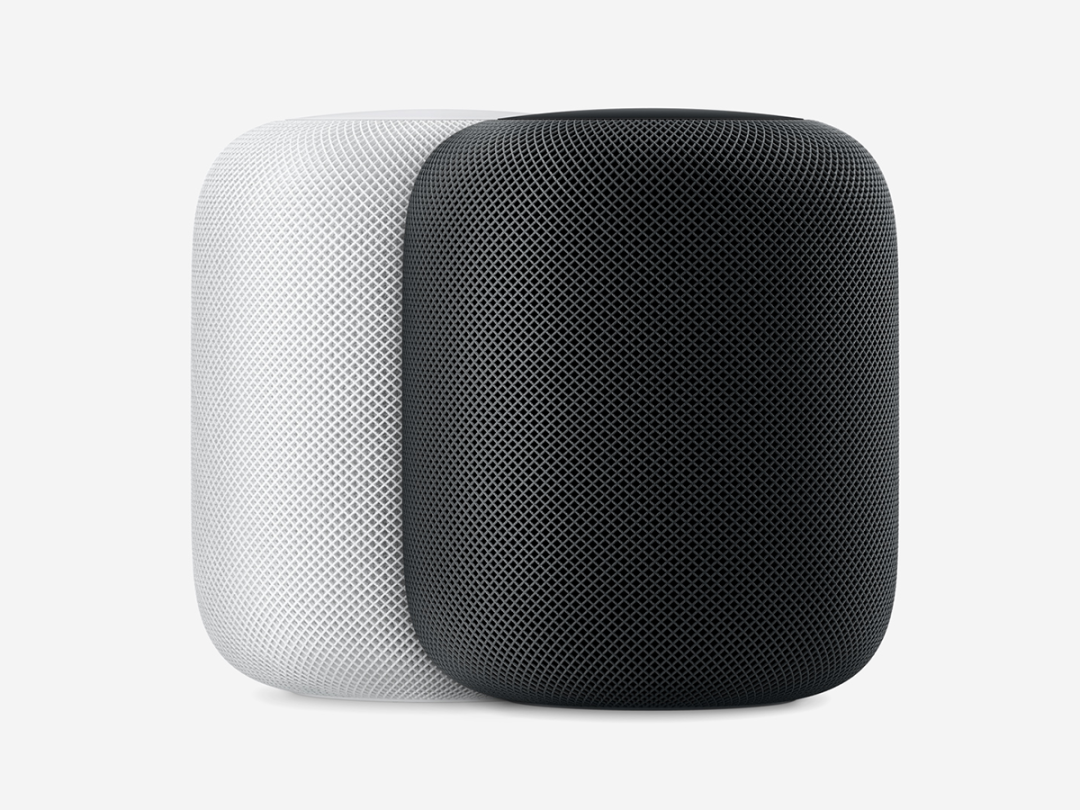
It’s been a whole two years since Apple launched the HomePod, it’s music-focused smart speaker that pledged to create an “entirely new way” for users to discover and interact with their music.
Did it succed in that mission? Just about.
In our review we said the HomePod was probably the best musical smart speaker on the market, assuming you’re an Apple Music fanatic and chairman of the iPhone fan club. In short, it’s a great product, but one that could still use some pretty significant fine-tuning. So, assuming Apple is cooking up a HomePod 2 (or something more imaginativley named), here’s what we’d like the see from the next-gen device.
1) More colours please
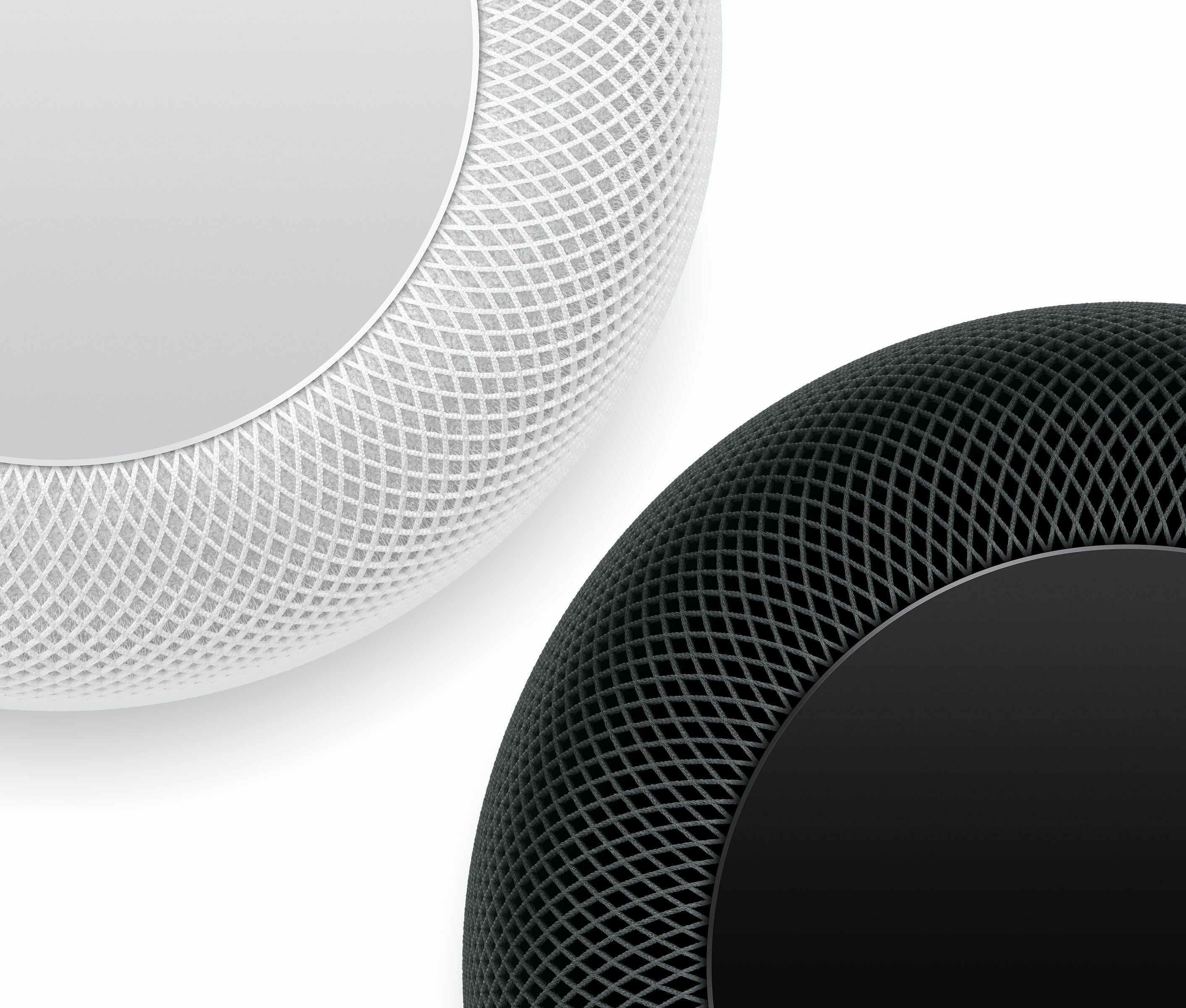
Apple, we love your minimalistic design sensibilities as much as the next technophile, but would it kill you to throw a splash of colour into the mix?
As it stands, the HomePod comes in two classic colour options: space grey and white. And sure, both look great, but if we’re going to drop close to £300 on a show-stealing smart speaker, we want it to pop. Now, we’re not staying Apple should go absolutely mad, but it’d be nice if the company chose to expand its palette somewhat. How about an understated peppermint green or a mellow yellow? It’s done precisely that with its iPhone 11 range, and we think it’s high time the HomePod followed suit. Make it happen, Tim.
2) Let’s see that HomePod mini
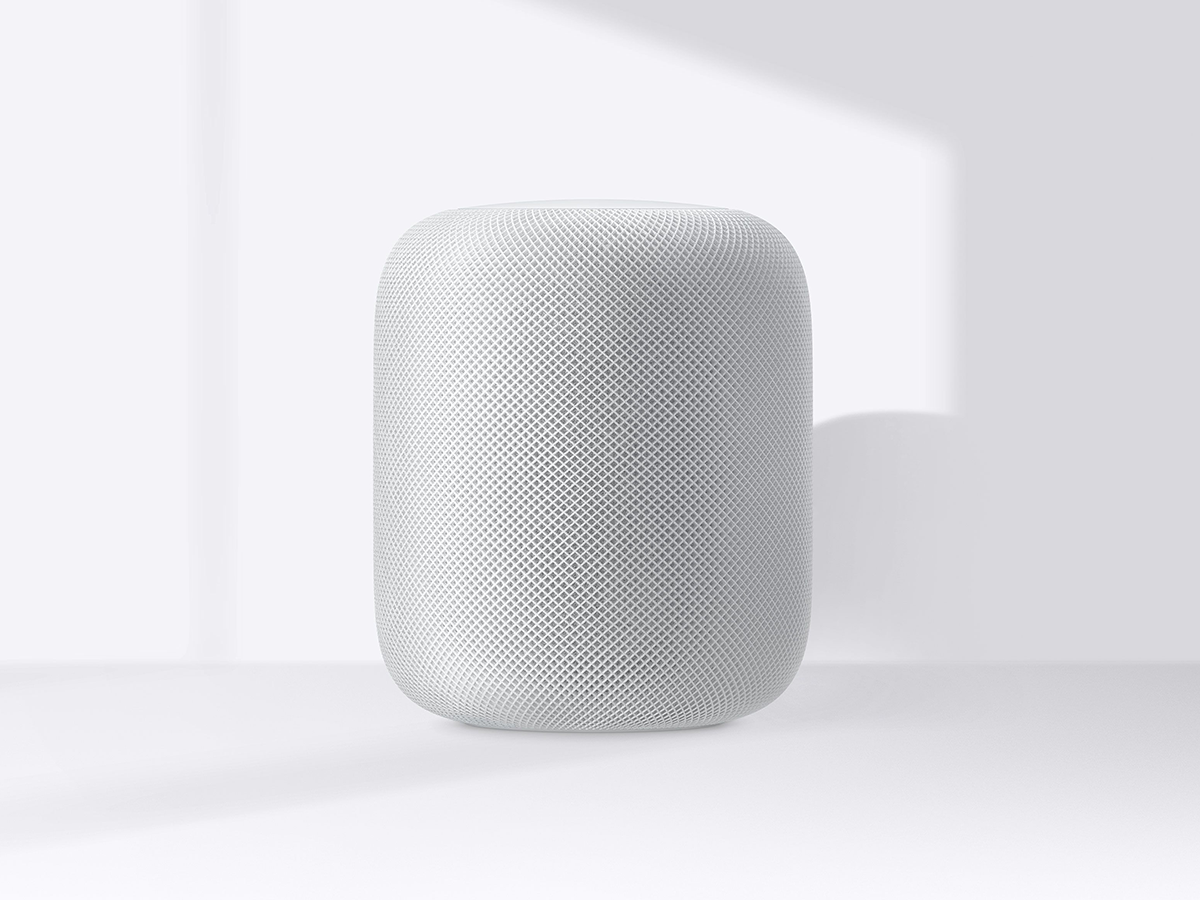
If Apple is serious about taking on the Amazon Echo and Google Nest with the HomePod, it needs to make the HomePod Mini a reality.
As it stands, the HomePod isn’t going to challenge for the smart speaker crown because of that gargantuan price tag. When you can build a robust smart home setup around the entry-level Google Nest Mini or Amazon Echo Dot – both of which cost under £50 – it’d take some real convincing to jump ship.
Now, we’re not saying the HomePod in its current form is a bad product – it’s simply a premium product. Apple needs to find a way to make it more accessible to the mass market, and in our view that means shrinking it down and shaving at least £100 off the price tag. While it still won’t be as affordable as Google or Amazon’s range of smart speakers, it’ll be cheap enough that folks might consider making the leap across to Apple’s high-end ecosystem.
3) Seamless multi-user support
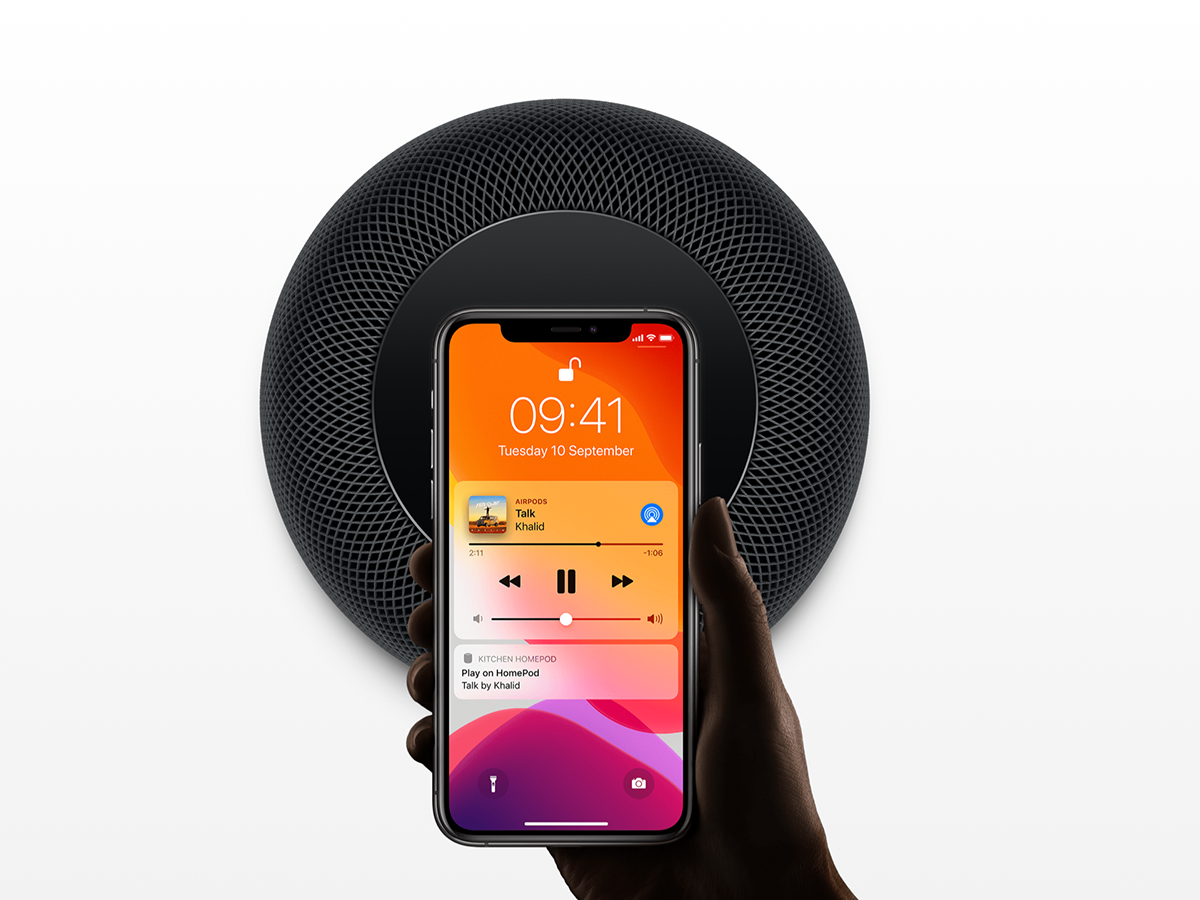
This one has been a long time coming, but Apple really needs to perfect multi-user support. When it launched back in 2018 the HomePod couldn’t recognise different voices, which was pretty annoying if you wanted to use it as a family device or share it with your flatmates. Apple has since attempted to right that wrong by adding multi-user support in an update last year, but the system is still pretty flawed.
Although Siri can now recognise up to six users, each one has to be invited into the fold by the owner, and then share their voice print one-by-one. Even when the system has been set up, HomePod will ask the main user to authorise or authenticate certain requests, making what should be a simple process a bit of a faff. Considering Apple is in the business of making devices that ‘just work,’ it really needs to up its game here.
4) A Smarter Siri
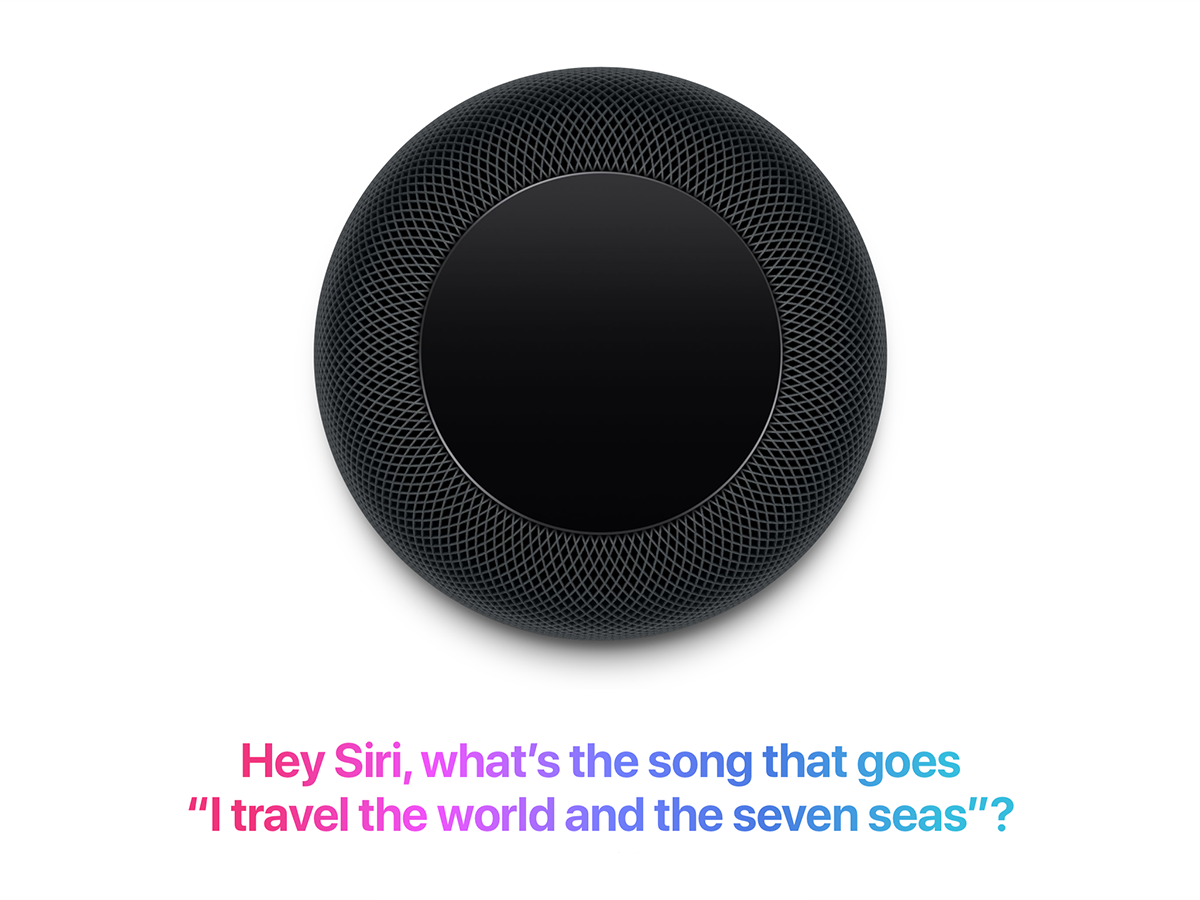
The HomePod is a great speaker, but a bit of a so-so smart speaker. Compared to Google and Amazon’s respective digital assistants, Siri is behind the curve somewhat. For instance, while she can answer questions about music, control certain smart devices, and tell you about the weather, she can’t read audiobooks, make phone calls, or bring up recipes. While those might sound like small complaints, they’re shortcomings that make the HomePod somewhat hit-and-miss as a virtual helper, and that really isn’t good enough.
Please read us a bedtime story, Siri.
5) Expanded Bluetooth support
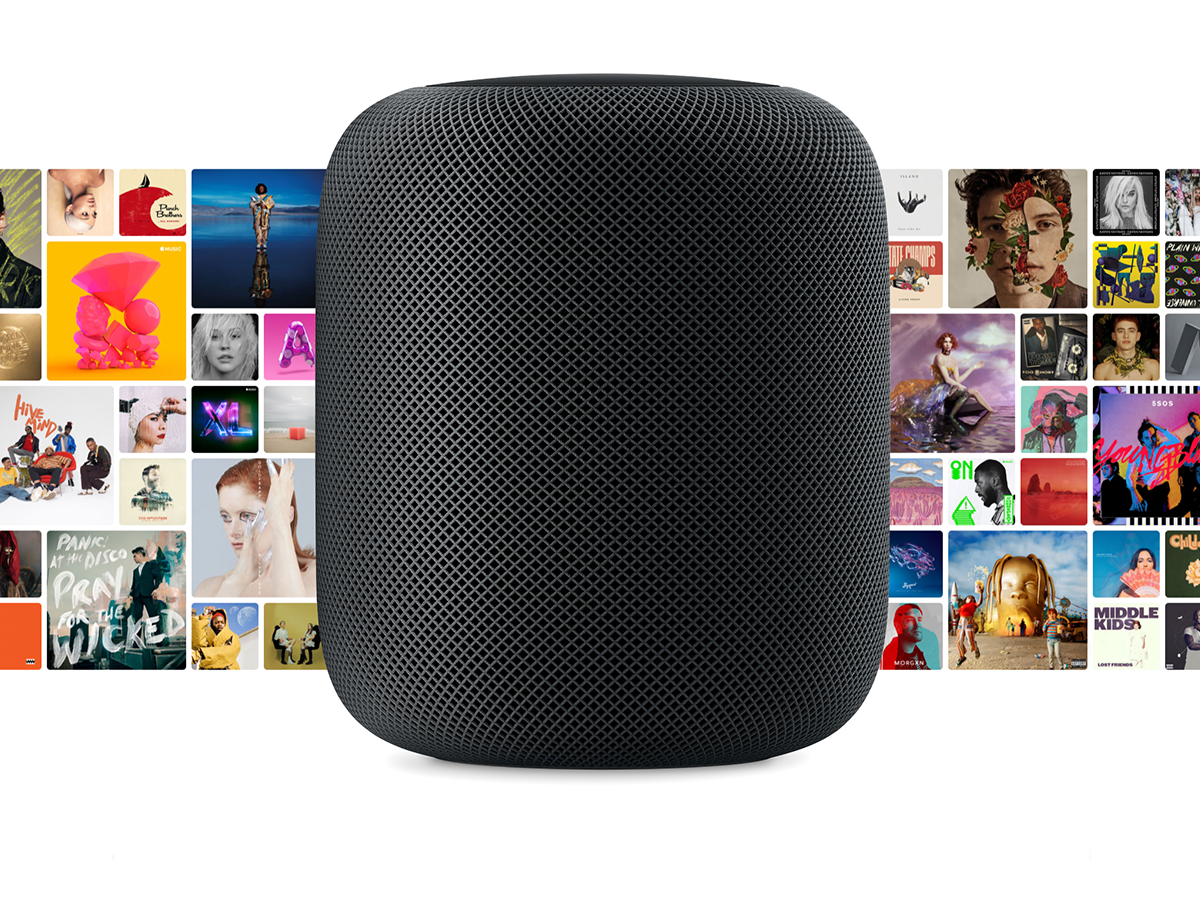
Although the HomePod supports Bluetooth 5.0 connectivity, there’s currently no way of using the device as a traditional Bluetooth speaker. On the one hand, we get it. Apple wants to ensure its premium product is combined with its other premium products to encourage users to spend their hard earned cash on curating a massive Apple ecosystem.
On the other hand, it’s a pretty brazen decision that makes the HomePod decidedly less attractive as an audio device. Sure, it’s still possible to stream music from a range of Apple devices and compatible apps using AirPlay, but it’d be nice of the company to let those outside of the Cupertino bubble to get in on the action.
6) Face ID and Gesture Control
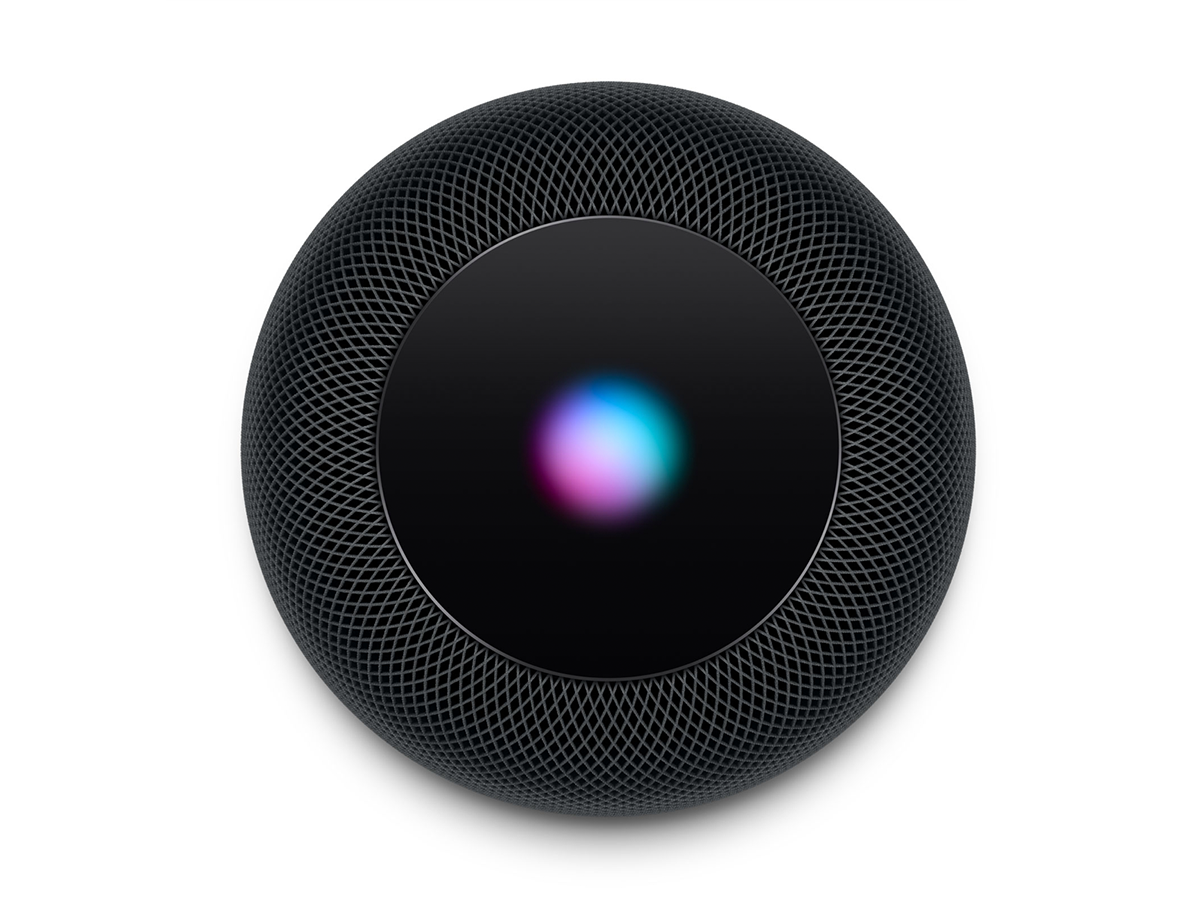
Buckle up folks, because we’re entering ‘wild speculation’ territory and it could get bumpy. A patent application filed by Apple last year (spotted by MacRumours) has suggested the next iteration of the HomePod could feature both Face ID and gesture control. Although the patent in question didn’t mention the HomePod by name, it references a "countertop speaker" that would make use of sensors and cameras to "gather hand gestures and other three-dimensional gesture input."
The patent adds that said speaker would also be able to use "facial recognition" to identify specific users, indicating that Face ID might be squashed into the next-gen HomePod. It’d certainly help the device more easily cope with multiple users. Like we said earlier though, this is a wild rumour until we hear anything concrete, so don’t get your hopes up on this one, and we won’t either.

